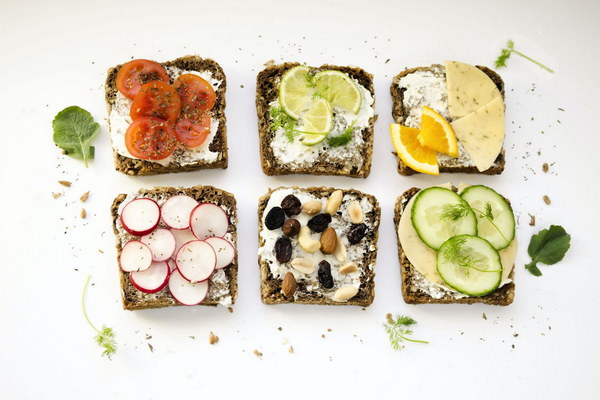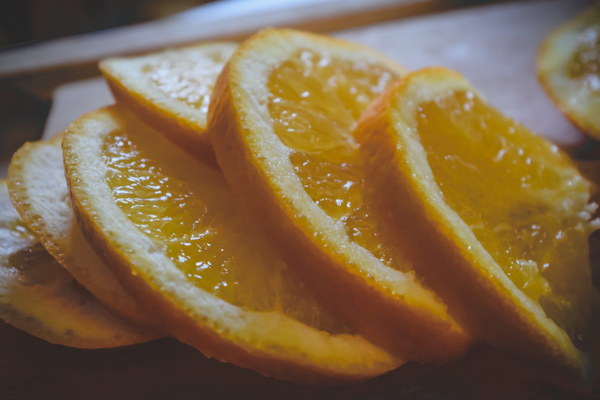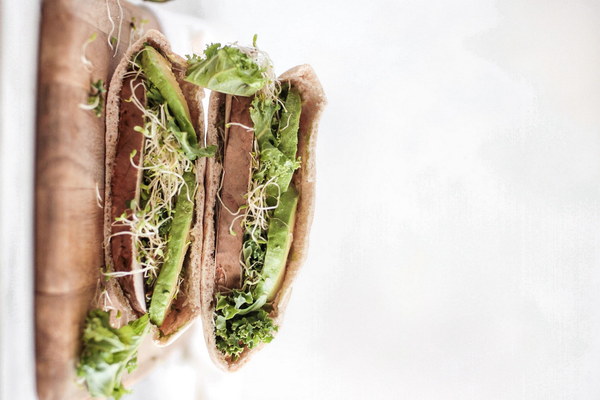Nurturing Healing A Dietary Approach to Umbilical Hernia Management
Introduction:
Umbilical hernia is a common condition, particularly among infants and children, where the abdominal wall weakens, allowing the intestine to protrude through the navel area. While surgical intervention is often necessary, diet plays a crucial role in supporting the healing process. This article explores a dietary approach to managing umbilical hernia, focusing on nutrient-rich foods that can aid in strengthening the abdominal muscles and promoting overall health.
1. High-Protein Diets:
Protein is essential for muscle repair and growth. Incorporating high-protein foods into the diet can help strengthen the abdominal muscles and facilitate healing. Some excellent sources of protein include:
- Lean meats such as chicken, turkey, and lean beef
- Fish like salmon, tuna, and sardines
- Eggs and dairy products like milk, cheese, and yogurt
- Legumes such as lentils, chickpeas, and black beans
- Nuts and seeds, such as almonds, chia seeds, and flaxseeds
2. Fiber-Rich Foods:
Fiber helps maintain bowel regularity and prevents constipation, which can exacerbate umbilical hernias. Including fiber-rich foods in the diet can support overall digestive health and reduce the strain on the abdominal muscles. Some fiber-rich foods to consider include:
- Fruits like apples, berries, oranges, and pears
- Vegetables such as carrots, broccoli, spinach, and kale
- Whole grains like oatmeal, brown rice, and quinoa
- Legumes, such as lentils, chickpeas, and black beans

3. Fermented Foods:
Fermented foods, such as yogurt, kefir, sauerkraut, and kimchi, are rich in probiotics that promote gut health. A healthy gut can improve digestion and absorption of nutrients, supporting the healing process. Including fermented foods in the diet can also aid in preventing constipation and reducing the risk of developing an umbilical hernia.
4. Hydration:
Proper hydration is essential for maintaining healthy digestion and promoting healing. Adequate fluid intake can help prevent constipation and keep the bowels moving smoothly. Aim to drink at least 8 cups (64 ounces) of water daily, and consider incorporating herbal teas, coconut water, or infused water with slices of lemon, cucumber, or mint.
5. Avoiding Certain Foods:
While certain foods can support healing, others may exacerbate the symptoms of an umbilical hernia. It is essential to avoid or limit the following:
- Highly processed and refined foods, such as white bread, sugary snacks, and fast food
- Foods high in fat and cholesterol, such as fried foods, butter, and red meat
- Carbonated beverages and alcohol, which can contribute to constipation and bloating
- Foods that may cause gas, such as beans, cabbage, and broccoli
Conclusion:
A well-balanced diet can play a significant role in managing and healing an umbilical hernia. By incorporating high-protein, fiber-rich, and probiotic foods into the diet, while avoiding certain foods that may exacerbate symptoms, individuals can support the healing process and promote overall health. It is essential to consult with a healthcare professional before making any significant changes to the diet, especially for infants and children with umbilical hernias.









